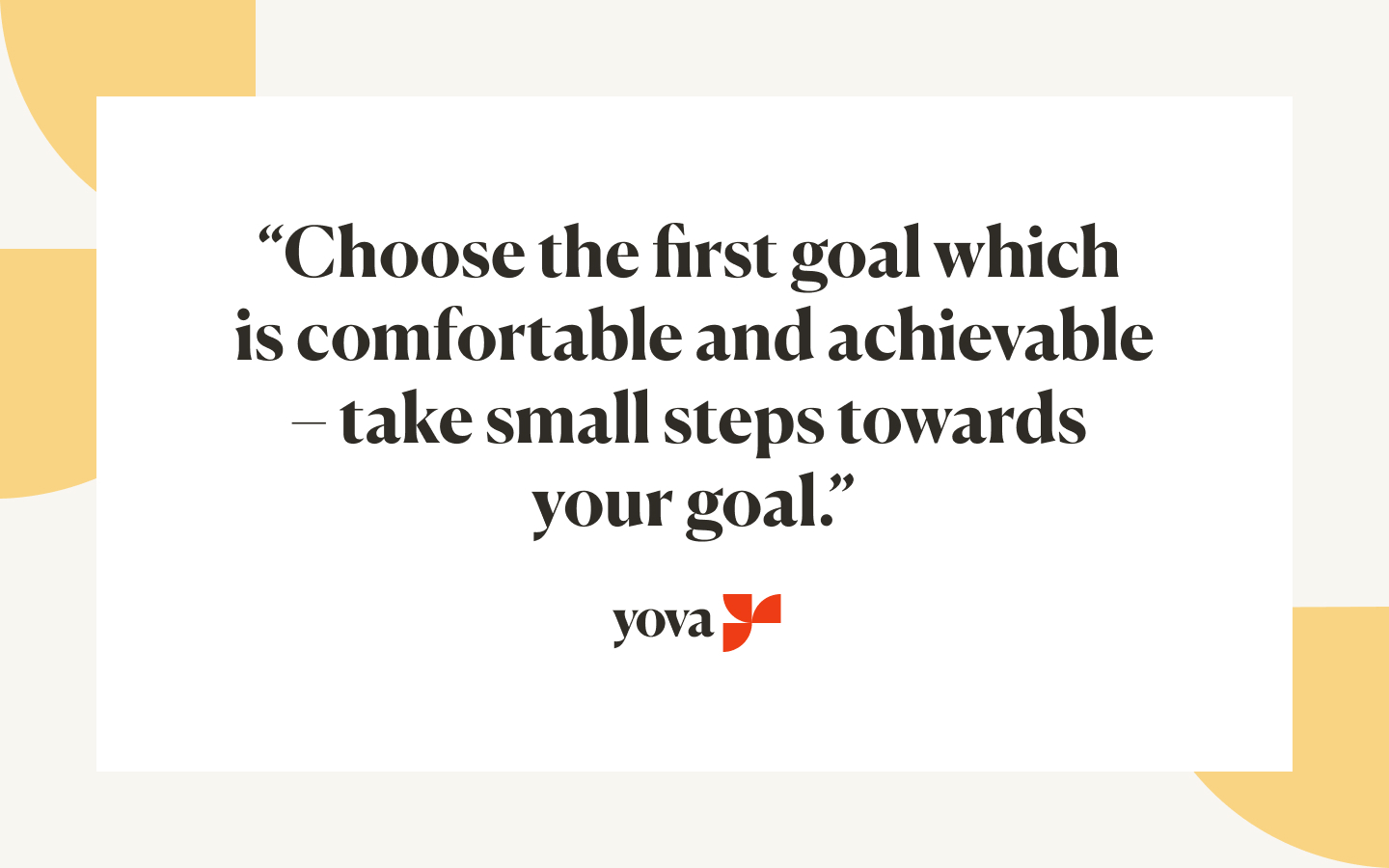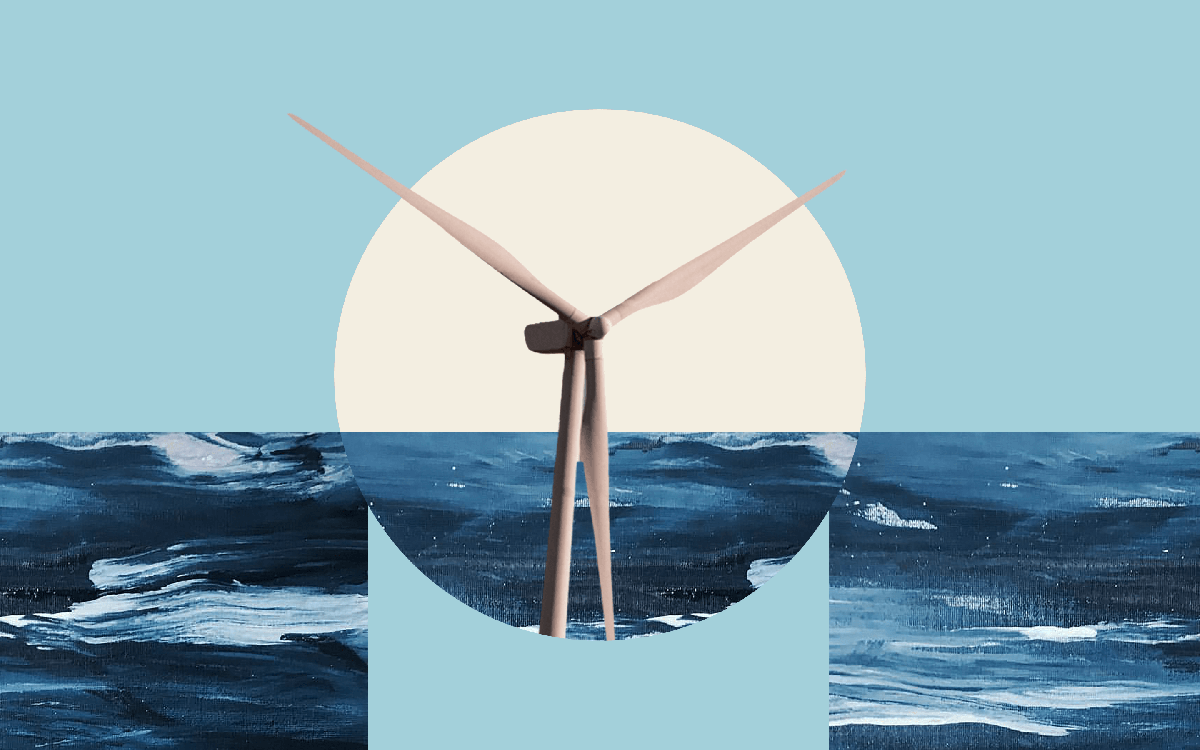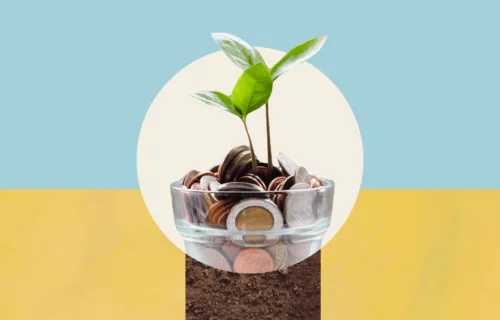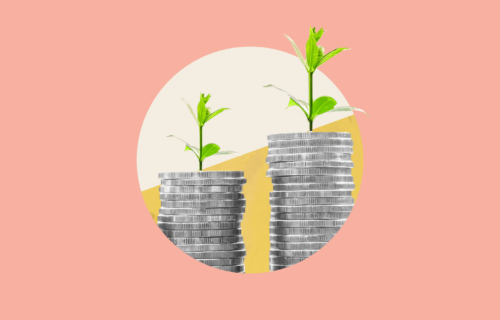As Inyova’s CO2 Compensation Hero 2021, Rhythima Shinde hopes to be a role model for sustainability by reducing her personal waste and taking action to live as a responsible consumer and global citizen. The 26-year-old nature-lover is currently researching models to help reduce the carbon footprint of Swiss housing as part of her Ph.D. in environmental analytics at ETH Zurich. In this interview, we talk to Rhythima about her childhood in India, her tips on starting a successful journey towards sustainability, and what motivates her to be environmentally conscious.
Tell us a bit about your childhood, where did you grow up, what fascinated you as a kid?
I grew up in Indore in central India. When I was 17, I moved to Mumbai to study mechanical engineering at IIT Bombay. I stayed there for 4 years and then moved to Europe. Growing up I was a quiet child. I loved puzzles, mathematics, and reading a lot of books, especially horror novels; a classic nerd. I also loved travelling, which my family and I were obsessively passionate about. It was beautiful to see how the natural and physical landscapes, as well as the communities would change every year, so swiftly. We would always discuss a lot about these changes. I can clearly see its impact in pushing my education on the preservation and development of nature and humanity, together.
Tell us about your work, what exactly do you do?
I work at the Ecological Systems Design group at ETH Zurich to understand Swiss household and housing-based footprints. Currently, I am advancing the methods developed in our group to estimate the consumption-driven footprint of a household. I have also combined machine learning (data-driven) methods to see how household savings lead to a rebound effect on the environment. Finally, I will be combining these results with building a footprint, to estimate the overall impact of the housing industry in Switzerland.
When did it become so important to you to be sustainably conscious?
While growing up in India, as much as I enjoyed travelling and the beauty of nature and different communities, I was also exposed to its other side: the inequity in these societies. I became very conscious about the impact of my personal actions on humanity and its development. After I came to Europe and started looking at the broader definition of development as a global movement, I was exposed to fields of renewable energy and environmental preservation. I realised that the development of humanity can only happen when it’s done in harmony with nature. Additionally, after movements like Black Lives Matter in the USA and farmers’ protests in India, I have realised how intertwined environmental issues are with social equity. Since then, it has become part of my personal values as a living being to practice sustainability in every way possible.
And what exact steps have you taken to reduce your carbon footprint so far?
In addition to doing my research in sustainability, I am trying to incorporate multiple habits to stay environmentally conscious. I have reduced my flights to only one round-flight per year to my family in India and avoid flights within Europe. I have also turned vegan (with a few exceptions) and I have not bought any new clothes for a year now. I live in a retrofitted Minergie building with great insulation and district waste-water heating, which has Solar PV installations, and have been practicing urban gardening and permaculture methods since last year.

Quotation from Rhythima Shinde
What is your tip for people who want to live a more sustainable life but don’t know where to start?
Choose the first goal which is comfortable and achievable – take small steps towards your goal.
As a beginner, it is very tempting to take up big challenges. For example, with something like the veganuary challenge (vegan month of January), it is important to know how big of a shift you are committing to when accepting a sustainability challenge like that. Especially if these are your lifetime habits, it might take some time to shift your entire diet, so it would be already good to shift one meal of the day at a time to a vegan meal – if that is your goal. Also, for some people, vegan food is just not suitable (dietary requirements, culture, etc.), so it is important to accept that and know what is comfortable or within limits. In these cases, you may look at other options, like working on saving water or reducing your food waste.
How do you track your CO2 emissions?
My field of study, especially my Ph.D. project, allows me to know emissions associated with almost everything I consume. We use a method called Life Cycle Assessment and databases like ecoinvent, exiobase, Agribalyse, etc. to evaluate the footprint of different categories of consumption consumed by a Swiss consumer. But I have also found tools like Myclimate, WWF carbon calculator to be fairly intuitive. Our group has also created some tools, like a food emission calculator based on your diet and nutritional needs.
What do you want to learn during your year as the Inyova CO2 Compensation Hero?
I have two learning goals as being associated with Inyova. Firstly, I would like to spend more time and effort on managing my personal finances, particularly my investments. In other words, I would like to learn about impact investing, from the experts in the Swiss community (like the Inyova team). Secondly, I would like to learn about sustainable finance – this is a pillar of sustainability that is quite crucial. The right investments and actions from companies drive the majority of climate action, so I hope associating with Inyova and the world of impact investing will allow me to use my passion for sustainability to create real-world impact.
What are your personal plans and dreams for the future?
I would like to explore and work in the field of data-driven sustainable consulting, where I can work with interdisciplinary experts and different industries towards sustainable development goals, preferably on global policies, and focus on climate action/social inequity at the same time.



